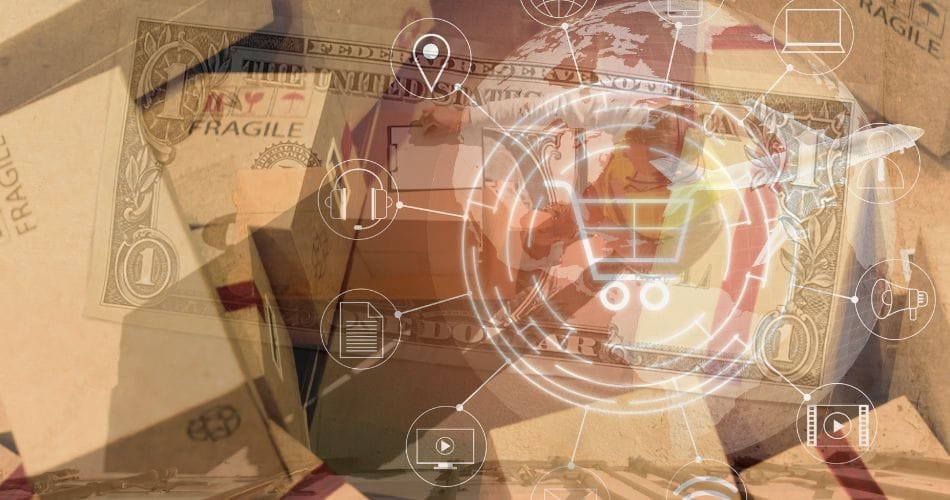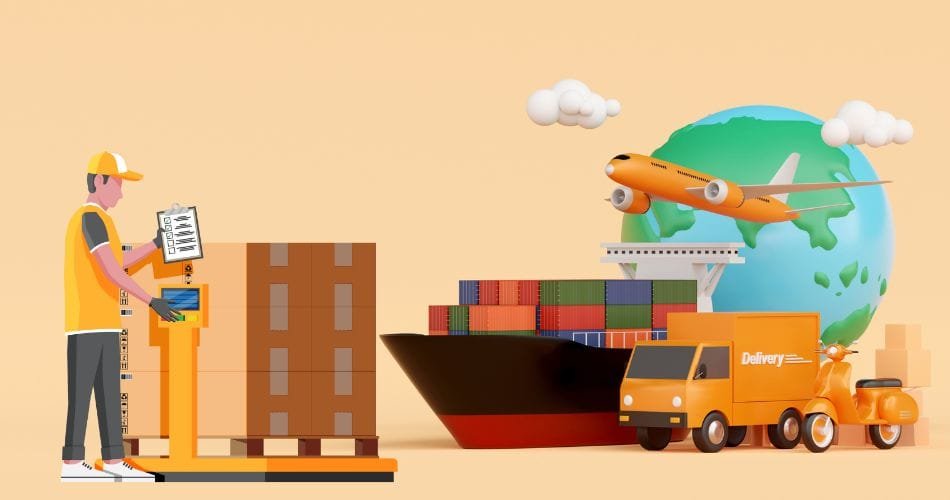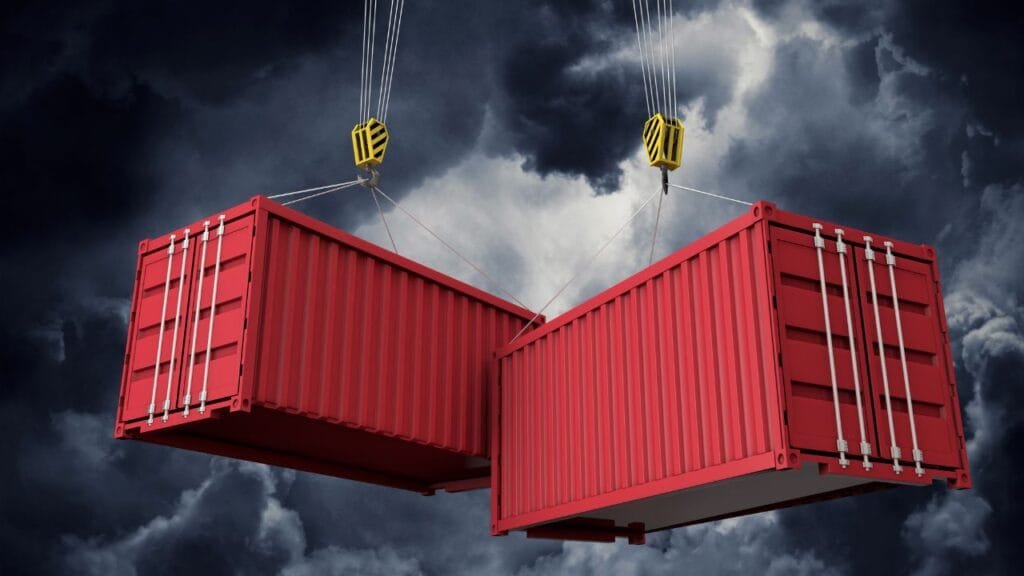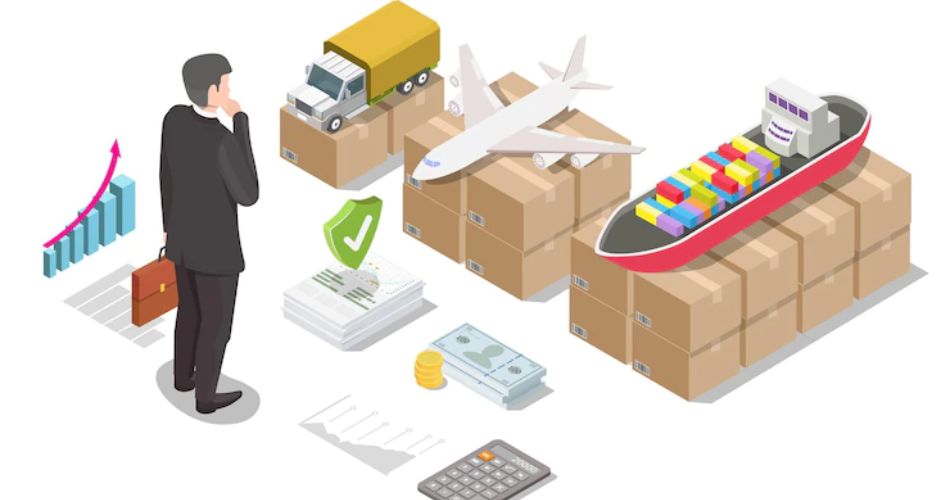If you're familiar with importing from China, you know that freight charges can be a bit of a mystery. What are they? How are they calculated? And how can you make sure that you're not overpaying? In this post, we'll answer all of those questions and more. We'll also provide a handy freight calculator to help you estimate your costs. So read on for all the details!
What do freight charges mean?

The freight charges, also called freight costs, are the amount that needs to be paid to a carrier company for transporting goods from the point of origin to the destination, and it's calculated based on what kind of transport method you use as well as how far away your destination will be.
Freight charge calculation formula

The freight charges for shipments depend on 3 different parts' freight fees. That is before freight shipping. Let's call it part A. During freight shipping, let's call it Part B, and after international freight, let's call it Part C.
Total freight costs for a shipment = Part A + Part B + Part C. (For the detailed list of the A, B, and C parts, transportation services and fees will be talked at below. Let's keep reading)
While shipping Costs of Part B usually depend on the shipping routes. It can be Air freight, Ocean freight, Express freight, or Rail freight. Meanwhile, it can be a Truck freight.
Freight charge types

There are 3 parts of freight charges from the original address to the final destination location. Let's make shipping from China to overseas by air and ocean freight an Example
Before international shipping, there were local port charges as below: Part A
Booking charge
Container fumigation fees, if needed
ISF Filing fees for shipments from China to the USA
Export customs clearance costs
Terminal Handling charges
Security Surcharge costs
Congestion Surcharge at the original port
Peak season surcharge if happens
Drayage fees(Export port)
International transportation ---Part B
Air freight charges
Ocean freight charges
Port or airport transshipment fees
Destination port Charge -----Part C
Telex Release fees
Drayage fees(Destination port)
The delivery fee (From port to final destination location)
Chassis usage fees
Container cleaning fee
Who pays freight charges?

Regarding who should be responsible for the freight fees, there is no 100% definitive answer to this question, as it depends on various factors, including the circumstances of the shipment, the shipping options chosen by the shipper, and any specific agreements in place between the shipper and the recipient.
Generally, if you choose EX-Works trader terms with your supplier from China, this means the freight rates should all be paid by your side. The seller will not help to share freight fees once they deliver goods to you within their factory.
Alternatively, if you choose air or ocean freight for your transportation of goods, there are many Incoterms for you to choose from. Suppose you choose FOB(free on board) trader terms as the transaction terms. Fob agreed location(fob destination) and FOB origin can be negotiated between your suppliers and your company. Let's say FOB Shenzhen, which means the consignee pays should pay the freight charges after the goods are delivered on the vessel board. At the same time, the Shipper pays for all the costs before the goods are delivered on the vessel board.
To know more about Incoterms. Please read our articles below. They all clearly explain what freight prepaid means, Which means freight collection. When means shipped prepaid by buyer. When means shipping costs on sellers' obligation.
How to choose the best incoterms
DDP(Delivery duty paid) incoterm.
Which incoterm is the best for shipping from China?
Conclusion
That’s all for freight costs. We hope that you understand freight charges better and the meaning. If you have more questions about freight fees during the goods transported schedule, please don’t hesitate to contact us to get a quick reply within 5mins – we would be happy to help. Have a great day!

